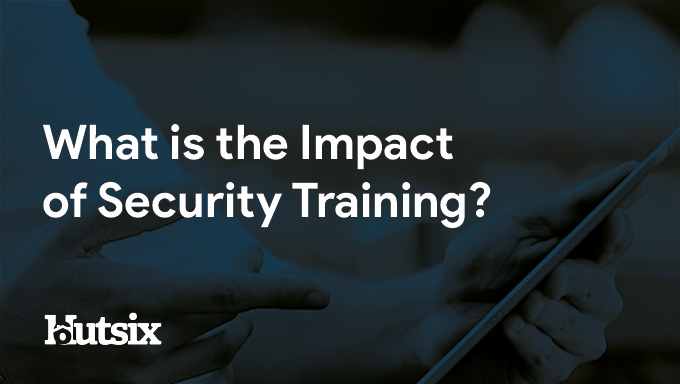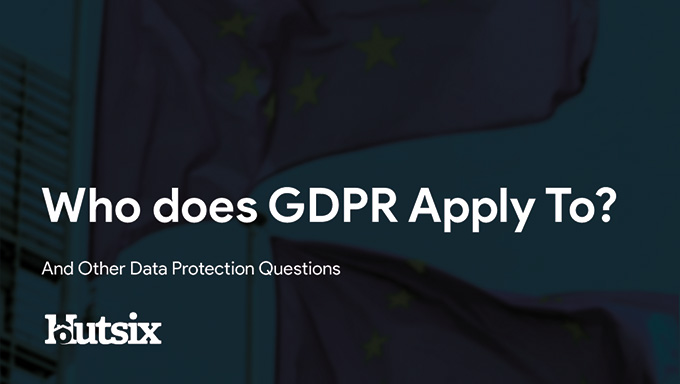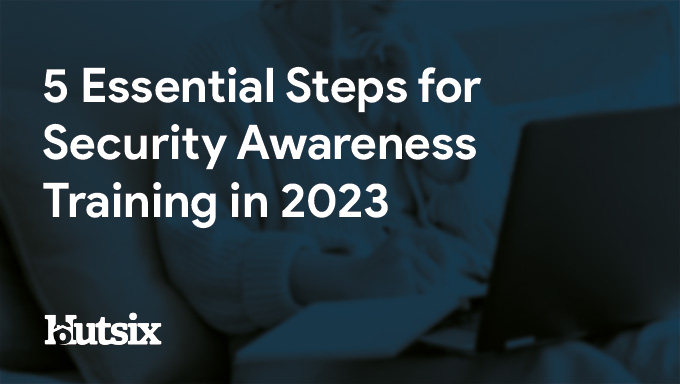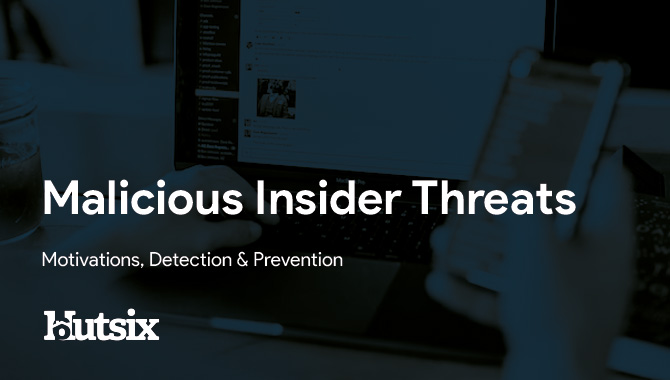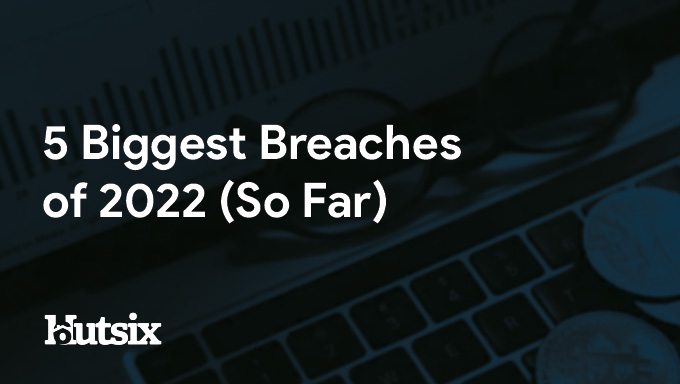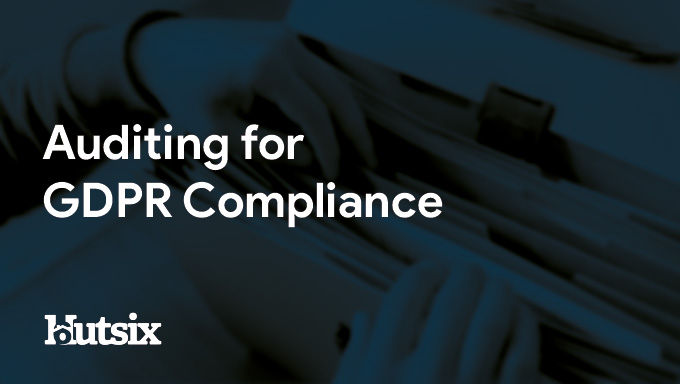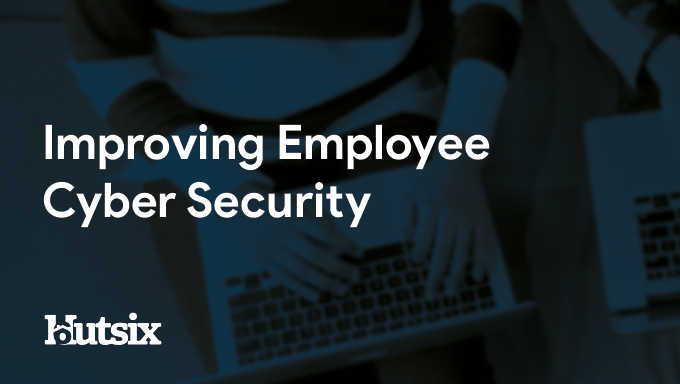Does Security Awareness Training Work?
In the year 2023, it's estimated that a staggering 70% of data breaches involve human error or oversight. Whether it's due to social engineering attacks, inadvertent mistakes, or misuse of resources, the need for effective security awareness training has never been more evident.
However, many organisations have training programs in place that fall short of delivering lasting impact. To truly safeguard against avoidable risks, security awareness training must evolve beyond surface-level awareness and focus on real-world threats, instilling a security-conscious culture within the workforce.
Looking for security training that works?
Talk to one of our experts about effective employee training now.
Five Way to Ensure Your Security Awareness Training Works
Effective security awareness training is pivotal in fortifying your organisation's cybersecurity. To ensure your training program yields the desired results, consider the following strategies:
1) Customise Training for Your Audience
A one-size-fits-all approach won't suffice. Tailor your training content to suit various job roles and departments within your organisation. Employees should receive training material that directly relates to their daily responsibilities, enhancing engagement and practicality.
2) Incorporate Interactive Elements
Ditch the traditional lecture-style training. Instead, integrate interactive elements such as real-life scenarios, quizzes, and simulations. Active participation not only captures employees' attention but also encourages them to apply their newfound knowledge.
3) Regularly Update Content
The landscape of cyber threats is ever-evolving. Keep your training materials current, including the latest threats, vulnerabilities, and best practices. Consider periodic refresher courses to reinforce key concepts and keep employees informed about emerging security risks.
4) Measure and Assess Progress
Implement metrics and assessments to gauge the effectiveness of your training. Track key performance indicators like click-through rates on phishing simulations, incident reports, and knowledge assessments. Use this data to identify areas for improvement and adapt your training strategy accordingly.
5) Promote a Culture of Security
Security awareness should extend beyond training sessions. Foster a culture of security awareness throughout your organisation. Encourage employees to report suspicious activities, acknowledge and reward good security practices, and provide confidential channels for reporting security incidents. When security becomes a shared responsibility, it significantly enhances your overall security posture.
To find out more about the impact of security awareness training, check out our blog What is the Impact of Security Awareness Training?
How Effective is a Security Awareness Program?
The success of a security awareness program hinges on several factors, including the quality of content, employee engagement, and the organisation's commitment to continuous improvement. When executed effectively, a security awareness program can significantly enhance an organisation's overall security posture by mitigating the risk of security breaches and incidents.
To find out more about building an effective security awareness program click here.
Why Does Security Awareness Training Fail?
Security awareness training can falter for various reasons. Firstly, a one-size-fits-all approach often fails to engage employees effectively. Tailoring training to individual roles and departments is paramount.
Secondly, traditional and uninspiring delivery methods, such as lengthy lectures, lead to disinterest and poor retention. Thirdly, outdated content can render training irrelevant and ineffective. Regular updates are essential to keep pace with evolving cyber threats.
Furthermore, inadequate measurement of progress and a lack of ongoing support contribute to training failures. Key performance indicators and continuous assessment are vital.
Lastly, resistance to a security-centric culture within the organisation can hinder success. A successful training programme recognises these challenges and addresses them to foster a more vigilant and cyber-aware workforce.
What is the Risk of Not Having Security Awareness Training?
Not having security awareness training in place exposes organisations to significant risks. Firstly, employees may lack the knowledge and skills needed to identify and respond to cyber threats. This increases the likelihood of falling victim to phishing attacks, malware infections, and other security breaches.
Secondly, without proper training, employees may inadvertently engage in risky online behaviours, such as downloading suspicious files or sharing sensitive information. These actions can lead to data breaches and financial losses.
Thirdly, the absence of security awareness training can result in compliance violations, potentially leading to legal penalties and reputational damage.
In summary, the risk of not having security awareness training includes increased vulnerability to cyberattacks, data breaches, compliance issues, and damage to an organisation's reputation. Investing in comprehensive employee training is essential to mitigate these risks and bolster overall cybersecurity.
What is the most Successful Security Approach?
The most effective security approach is a holistic, people-centric one that encompasses processes and technology. It begins with a thorough understanding of your organisation's unique risks and vulnerabilities.
Comprehensive training is essential to ensure that employees are aware of cybersecurity threats and their roles in preventing them. Advanced technology, such as firewalls, antivirus software, and encryption, plays a vital role in safeguarding your digital assets.
Regular updates and a robust incident response plan are crucial to staying ahead of evolving threats. Creating a culture where every member of the organisation takes security seriously is equally important. This cultural shift empowers employees to be vigilant and proactive in identifying and mitigating potential risks.
For more insights on measuring the effectiveness of security awareness training, visit our blog post How to Measure the Effectiveness of Security Awareness Training.
Security Awareness for your Organisation
Enjoyed our blog? Learn more about how Hut Six can help improve you security awareness with training and simulated phishing. Start a free trial now, or book a meeting with one of our experts.
Featured
What is the Impact of Security Awareness Training? - Hut Six
Discover the Impact of Security Awareness Training: Prevent breaches, foster culture, & build trust.
What is Personal Data?
Learn about personal data, its types, and significance in data protection. Explore general and special category data, as well as pseudonymised and anonymised data under the GDPR.
Who Does GDPR Apply To?
Who Does GDPR Apply To? And Other Data Protection Questions/ Information Security blog by Information security awareness provider Hut Six Security.
Does ChatGPT Pose a Cybersecurity Risk
In this blog post, we explore whether AI chatbots like ChatGPT pose a cybersecurity risk. We delve into the potential vulnerabilities and threats posed by chatbots, and discuss measures that can be taken to mitigate these risks. Read on to discover how you can ensure the security of your organisation's chatbot interactions.
How Do I Get Cyber Essentials Certified?
Learn how to obtain Cyber Essentials certification and enhance your organization's cybersecurity posture with our comprehensive guide. Our expert insights will help you navigate the certification process to meet the requirements for Cyber Essentials.
Essential Steps for Security Awareness Training
Starting a security awareness training campaign? Here are 5 essential steps to help ensure information security success.
Malicious Insider Threats - Meaning & Examples
Malicious insider threats can cause massive problems. Here we examine some of the motivations behind attacks and methods of detection organisations can use to reduce risk.
5 Biggest Breaches of 2022 (So Far)
Five of the biggest and most significant data breaches, hacks, and information security attacks of 2022 (so far).
Auditing for GDPR Compliance
Questions to consider when auditing your business or SME for General Data Protection Regulation (GDPR) compliance.
Improving Employee Cyber Security
With human error responsible for many breaches and attacks, we offer some helpful areas for improving employee security compliance.



